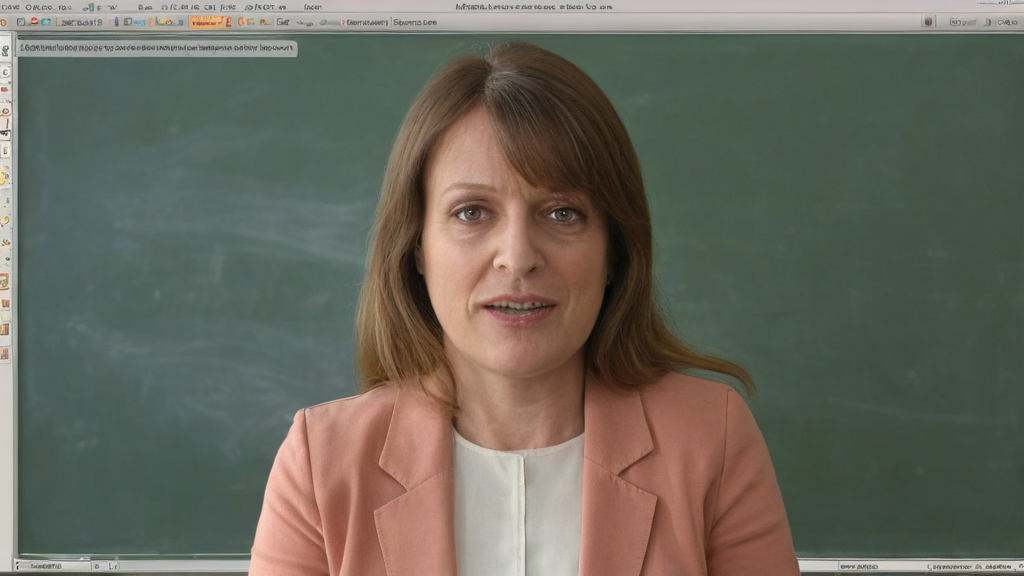Match Postponement and Fixture Complications
Football fans and Liverpool supporters have been left wondering about the recent absence of their beloved team from weekend fixtures. The complications surrounding match scheduling can often arise from various unexpected circumstances, creating uncertainty in the sporting landscape.
Several critical factors can contribute to a team’s temporary withdrawal from scheduled matches. For Liverpool, potential reasons might include for query Why Are Liverpool Not Playing This Weekend:
- European competition commitments
- Player fitness and injury management
- International break considerations
- Stadium maintenance or logistical challenges
Premier League Scheduling Dynamics
Professional football operates within a complex ecosystem of competitions and scheduling requirements. Liverpool, as a prominent club competing across multiple tournaments, frequently encounters intricate fixture challenges that can disrupt their regular match calendar.
The Premier League meticulously coordinates match dates, considering various competing priorities such as European tournaments, domestic cup competitions, and international player commitments. When these elements intersect, temporary pauses in league appearances become inevitable.
European Competition Impact
Liverpool’s participation in prestigious competitions like the UEFA Champions League can significantly influence their domestic match schedule. When the club advances in European tournaments, additional midweek matches create compressed scheduling scenarios that might necessitate weekend match postponements.
Player Fitness and Recovery Protocols
Modern football places unprecedented emphasis on athlete management and recovery. Elite teams like Liverpool implement sophisticated fitness strategies that occasionally require strategic rest periods. These calculated breaks help prevent potential injuries and maintain optimal player performance throughout demanding seasons.
Strategic Match Management
Professional football clubs employ advanced analytics and medical teams to monitor player workload. When cumulative physical stress reaches critical thresholds, management might decide to strategically rotate squads or temporarily pause competitive engagements.
International breaks present another significant factor in match scheduling complexities. During these periods, numerous players represent their national teams, creating additional logistical challenges for club management. Liverpool, with its globally diverse squad, frequently navigates these intricate international commitments.
Broadcast and Commercial Considerations
Television broadcasting rights and commercial agreements also play crucial roles in determining match schedules. Networks invest substantially in securing premier football content, which means fixture dates can be adjusted to accommodate media requirements.
- Broadcast network preferences
- Global audience considerations
- Revenue generation strategies
Liverpool’s global brand status means their matches attract immense international attention. This prominence introduces additional layers of complexity in scheduling negotiations between league authorities, broadcasting networks, and the club itself.
Unexpected Circumstantial Factors
Occasionally, unforeseen circumstances like stadium maintenance, security concerns, or extraordinary weather conditions might necessitate match postponements. Professional football organizations maintain flexible protocols to address such unexpected scenarios while minimizing disruption to established competition structures.
Fans and supporters remain understanding yet eager to comprehend the intricate mechanisms behind match scheduling. Liverpool’s professional management consistently communicates transparently about fixture changes, ensuring supporters remain informed about potential alterations to expected match calendars.
While temporary absences from weekend fixtures might initially seem perplexing, they represent carefully calculated decisions designed to optimize player performance, manage competitive challenges, and maintain the highest standards of professional football excellence.
Premier League Schedule Insights for Liverpool FC
Football fans and Liverpool supporters have been eagerly tracking the team’s schedule, wondering about their upcoming matches and potential breaks in the Premier League. The current football landscape presents some interesting dynamics for Jürgen Klopp’s squad, with various factors influencing their match participation.
Match Scheduling Complexities
Liverpool’s absence from this weekend’s fixtures stems from a carefully planned Premier League schedule that occasionally creates gaps between match days. These scheduling intricacies often result from multiple competitions, international commitments, and league-wide strategic planning.
Factors Influencing Liverpool’s Weekend Break
- European competition commitments
- International player representations
- Strategic league rotation
- Broadcast scheduling considerations
The Premier League operates with a complex algorithmic approach to match scheduling, taking into account numerous variables that impact team availability. For Liverpool, this might mean a strategic pause that allows players to recover, train, and prepare for upcoming crucial fixtures.
Competitive Landscape Considerations
Liverpool’s current season involves multiple competitive fronts, including domestic league matches, potential cup competitions, and European tournaments. These overlapping commitments sometimes necessitate strategic rest periods for key players, ensuring optimal performance and minimizing injury risks.
Performance Management Strategy
Klopp’s management approach typically involves careful player rotation and strategic rest. A weekend without a match provides valuable opportunities for:
- Intense training sessions
- Tactical refinement
- Player recovery and rehabilitation
- Strategic game planning
Broader League Dynamics
The Premier League’s scheduling is not always uniform, with teams experiencing varied match frequencies throughout the season. Liverpool’s current break might be part of a broader league strategy that accounts for broadcasting rights, stadium availability, and overall competitive balance.
Player Fitness and Preparation
Professional footballers require meticulous physical management. A strategic break allows medical staff to address any minor injuries, conduct comprehensive fitness assessments, and ensure players are in peak condition for upcoming challenging matches.
Potential Impact on Team Performance
While some fans might view a weekend without a match as a disruption, professional teams like Liverpool view these periods as critical preparation opportunities. The break allows for:
- Enhanced tactical training
- Individual skill development
- Team cohesion reinforcement
- Mental preparation and strategy refinement
Fan and Media Perspective
Football supporters and media analysts often scrutinize such scheduling nuances, seeking insights into potential team strategies and performance predictions. Liverpool’s current break becomes a topic of speculation and analysis within the broader football ecosystem.
Future Match Anticipation
For Liverpool supporters, this weekend’s absence merely builds anticipation for upcoming matches. The team’s renowned consistency and competitive spirit ensure that fans remain engaged and excited about future performances.
Understanding these scheduling complexities provides deeper insights into professional football’s intricate management. Liverpool’s current weekend break represents more than just a pause—it’s a strategic component of their comprehensive competitive approach.
Conclusion
Liverpool fans might find themselves momentarily disappointed by the team’s absence from this weekend’s fixtures, but understanding the broader context of Premier League scheduling helps provide clarity. The complexities of match postponements and fixture complications are an inherent part of modern football, requiring flexibility from teams, supporters, and league organizers alike.
While the current break might seem disruptive, it presents opportunities for players to recover, train, and strategically prepare for upcoming matches. Liverpool’s management will likely use this time to analyze team performance, address potential tactical adjustments, and ensure players are in optimal condition for future competitions.
The Premier League’s dynamic scheduling reflects the intricate balance between various tournament commitments, broadcast requirements, and team preparation. Such temporary pauses are not uncommon and often serve important strategic purposes in maintaining player fitness and managing overall team performance.
For passionate Liverpool supporters, this weekend presents an alternative opportunity to engage with the club—perhaps reviewing recent match highlights, analyzing player statistics, or discussing potential lineup strategies for upcoming games. The temporary absence from live action doesn’t diminish the team’s competitive spirit or potential for future success.
Ultimately, these scheduling nuances are part of the broader football ecosystem. Liverpool remains a formidable team with a rich history and strong potential, and a single weekend without a match hardly defines their overall trajectory. Fans can look forward to the team’s return to the pitch with renewed anticipation and enthusiasm, knowing that strategic breaks contribute to long-term performance and player well-being.


